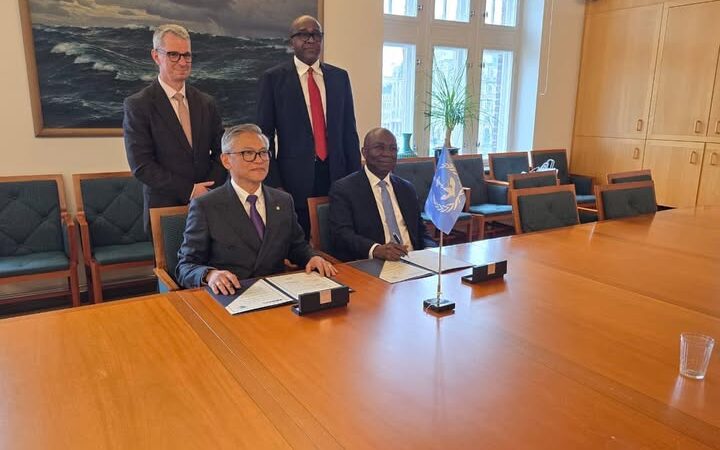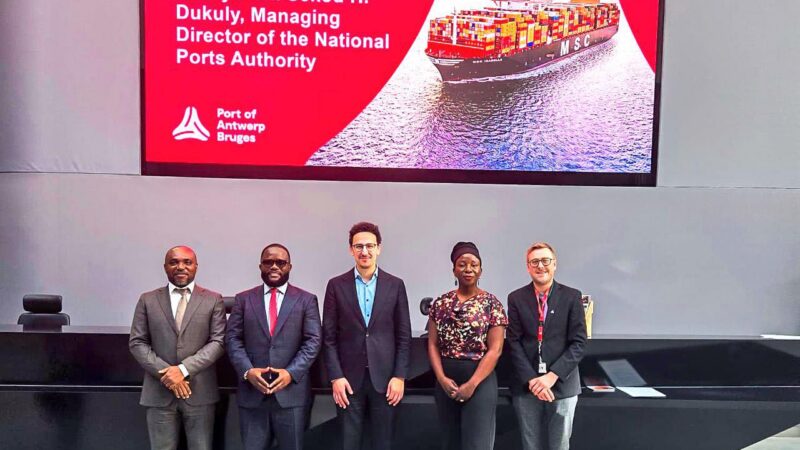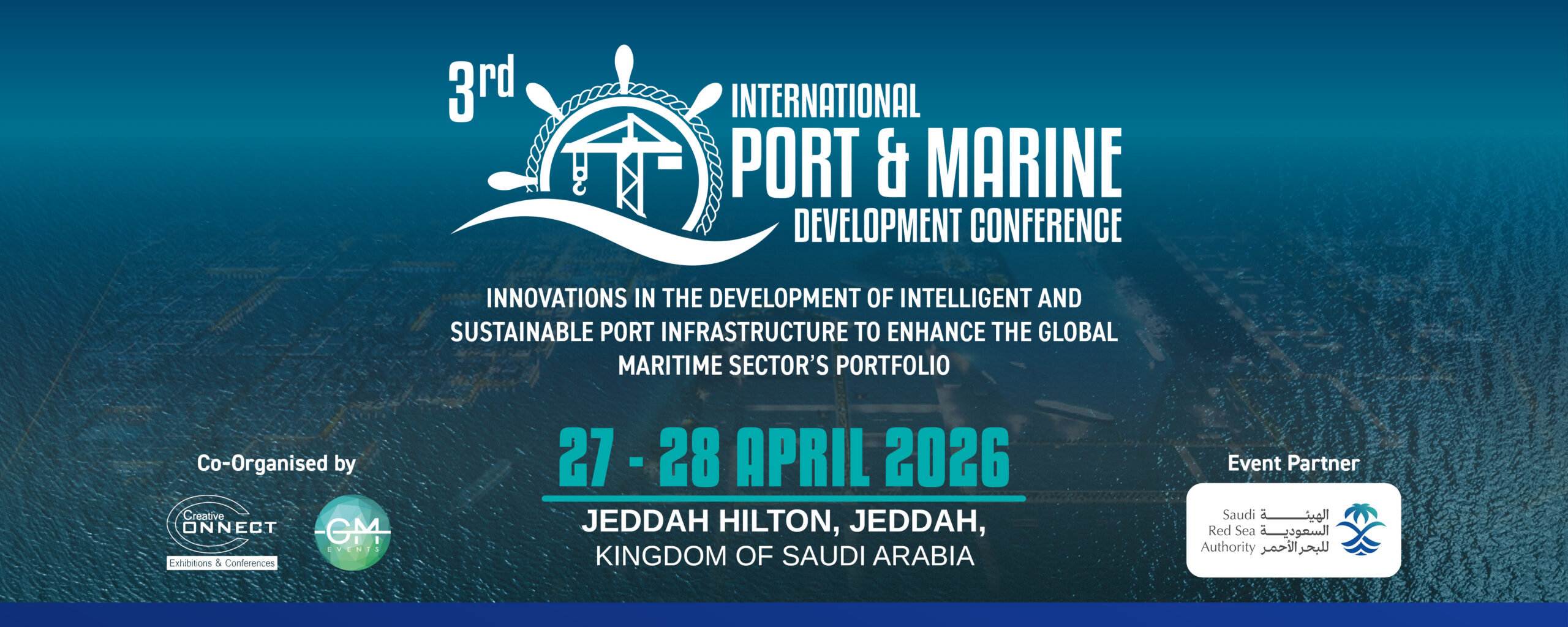Burundi: the Port of Bujumbura will soon be renovated and modernized thanks to funding from the African Development Bank Group and the European Union
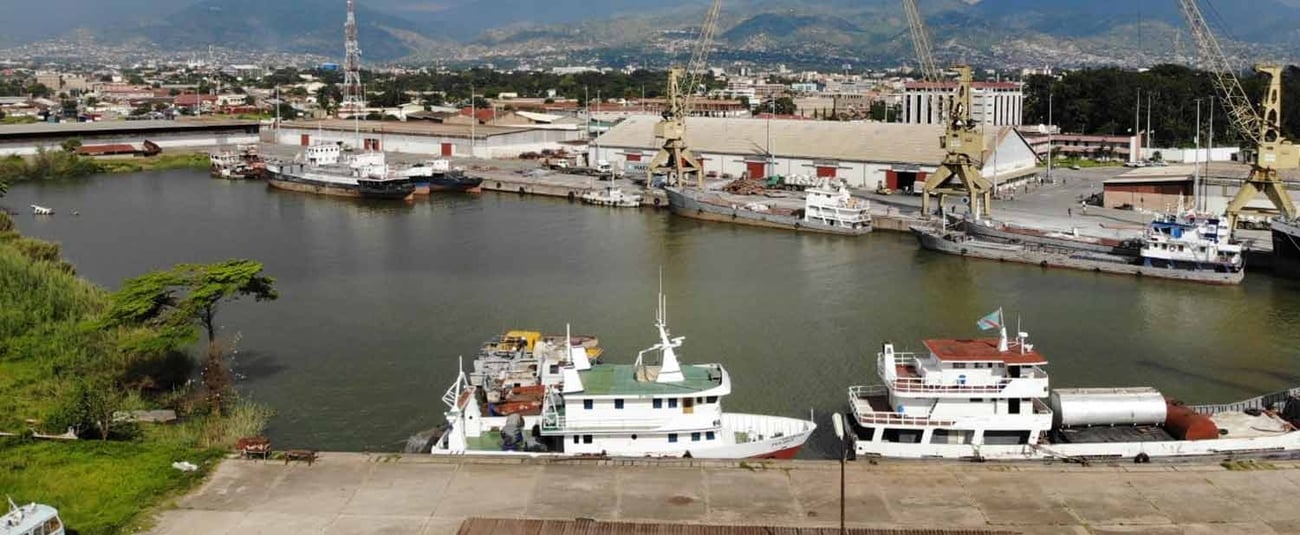
Renovation work on the Port of Bujumbura – part of a vast project to develop the regional corridor to Lake Tanganyika – got underway on 17 August 2023 at a launch ceremony attended by the Burundian authorities and the project’s financial partners, the European Union and the African Development Bank Group.
The renovations will cost €79 million; The African Development Bank Group is providing €23.4 million and the European Union will contribute €29 million through the AfDB-EU Hub partnership, a framework agreement signed by the African Development Bank Group and the European Commission in 2017. Through the agreement the European Commission channels financing through the African Development Bank which provides joint funding for projects that will have an impact on the continent. The government of Burundi is providing counterpart financing of €2 million.
The Burundian Minister of Trade, Transport, Industry and Tourism, Ms Marie Chantal Nijimbere; the European Union’s ambassador to Burundi, Claude Bochu, and the African Development Bank Group’s Country Manager for Burundi, Pascal Yembiline all attended the launch. The renovation is expected to last for 24 months.
Renovating the port is the first phase of implementation of the Lake Tanganyika Transport Corridor Development Project. It marks a major step towards strengthening Burundi’s transport infrastructure and exploiting the potential of Lake Tanganyika as a navigable inland waterway.
The works involve acquiring equipment for port operations, developing access roads and building staff capacity to manage the port. The project will support regional trade by simplifying port activities and will encourage female entrepreneurship. The ultimate objective is to transform the port into a hub linking the main road corridors from the north, centre and south of the country.
The renovation will also support better regional connectivity and strengthen regional trade with the countries that border Lake Tanganyika, including the Democratic Republic of Congo, Zambia and Tanzania.
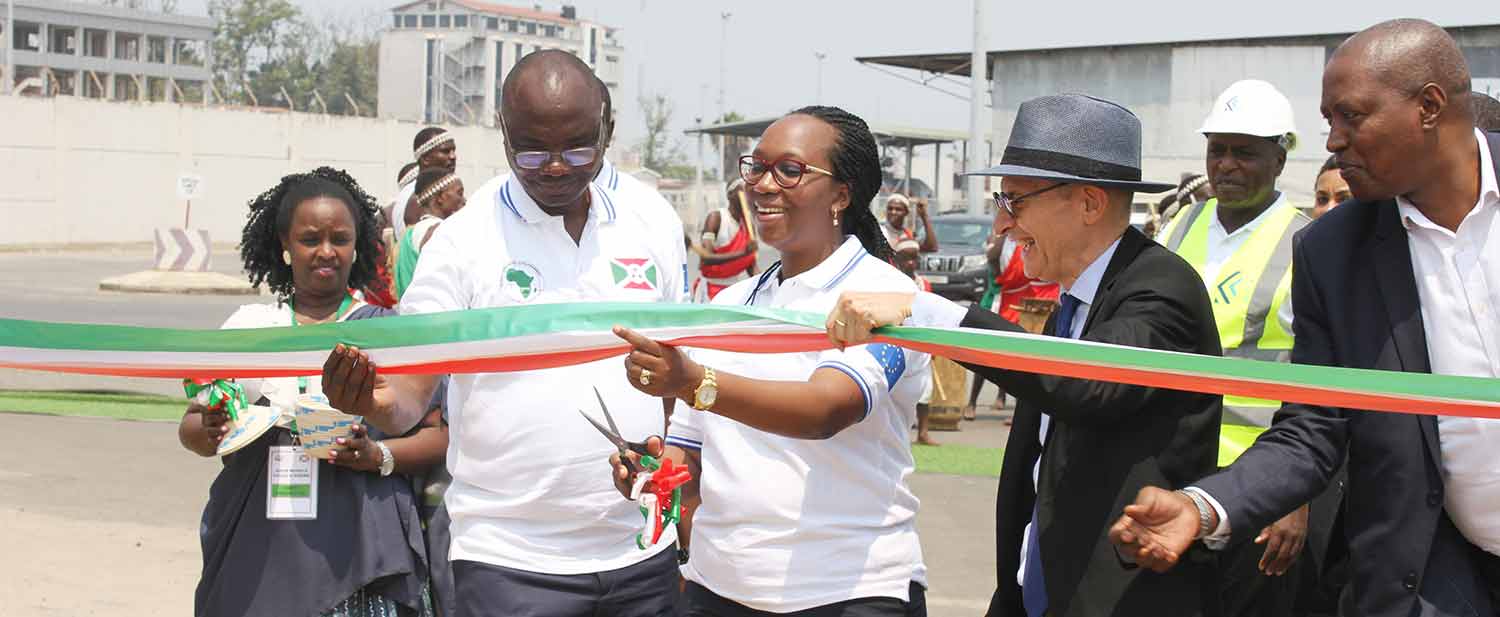
Transport along the lake corridor suffers from inadequate infrastructure at the ports of Bujumbura, Mpulungu (Zambia), Kalémie (DR Congo) and Kigoma (Tanzania). Also lacking are harmonized measures to facilitate cross-border trade and improve the movement of people. The governments of Zambia and Burundi therefore conducted studies, with African Development Bank funding, to support renovating and modernizing the ports of Bujumbura and Mpulungu. The aim is to take advantage of cost savings, capacity and the security of goods compared with other forms of transport.
“This project will help free up the region’s untapped potential in terms of multimodal transport and support affordable, environmentally friendly maritime transport between provinces in the north of Zambia and Burundi,” said Minister Nijimbéré. She emphasized the project’s role in the achievement of Burundi’s development objectives, including the vision to turn Burundi into an emerging nation by 2040. She expressed gratitude to the project’s technical and financial partners for their support.
Ambassador Bochu underlined the strategic role of the Port of Bujumbura as a crossroads for the region’s corridors. He said, “The European Union is proud to contribute to a project that will improve both port and road infrastructure. It is committed to helping Burundi to develop robust, efficient infrastructure, with well-trained port staff and an appropriate port management system to reduce the time and cost of port operations, but also to be able to attract more private investors into maritime transport.”
The project will benefit around 1.25 million inhabitants (53 percent of whom are women) in the city of Bujumbura and surrounding towns.
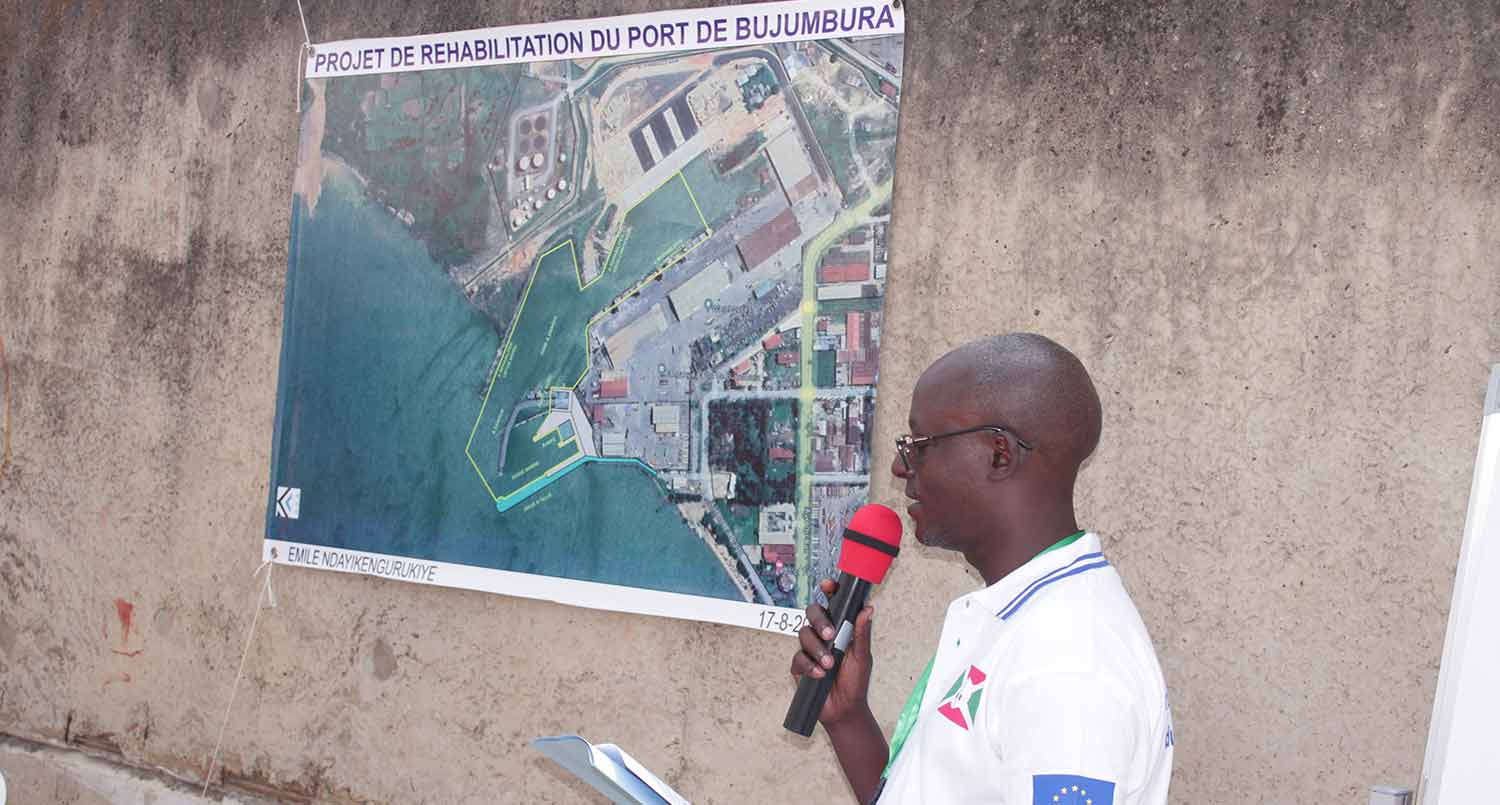
The African Development Bank Group’s Country Manager, Pascal Yembiline, said: “The cost reductions generated by renovating the port will support the Burundian economy, especially agriculture and transport services. That, in turn, will have a beneficial effect on economic growth and people’s living conditions. The Bank Group would like to express its gratitude to the government of Burundi and the European Union for their cooperation, which has resulted in funding for a project that is essential both for the country and for regional integration.”
Through the framework agreement, the African Development Bank and the European Commission have jointly funded 35 projects with a valued of over €840 million that have been implemented in 27 African countries to date.
AfDB



